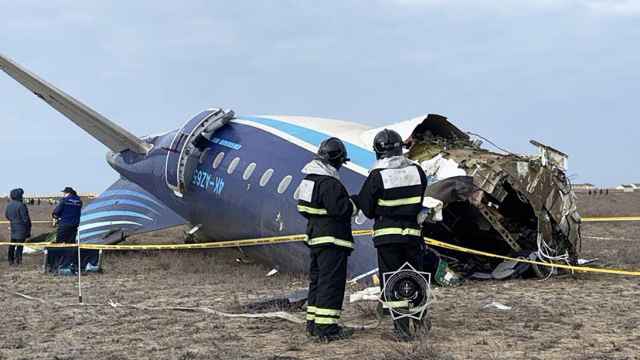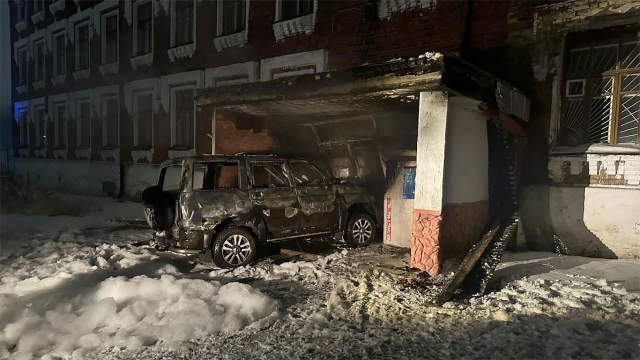Antonio Spilimbergo, an economist at the International Monetary Fund (IMF), has said that "ambitious economic policy reforms" are necessary to battle back against high inflation and slowing economic growth and realize the economy's potential, after meeting with high ranking governmental officials in Moscow this week.
Spilimbergo met with Finance Minister Anton Siluanov and Central Bank head Sergei Ignatyev during a visit from June 5 to 18 as part of the Article IV consultation, an extensive annual discussion process between IMF staff and member countries. In a summary statement published on the IMF website Wednesday he said the country's "precrisis growth model, based on increasing oil prices and rising use of spare capacity, is no longer viable."
"Economic activity has been constrained by weak investment and external demand," Spilimbergo said in the statement. "At the same time, the economy remains at full capacity, with unemployment at historic lows and capacity utilization at pre-crisis highs. We project growth at 2.5 percent in 2013 and 3.25 percent in 2014."
While the economy is better equipped to withstand shocks than before, "growth in the next decade will need to rely on improving efficiency and productive investment — requiring maintenance of stable macroeconomic conditions, further strengthening of institutions, and implementation of structural reforms," Spilimbergo said.
Turning to financial indicators and fiscal and monetary policy, he said headline inflation would "remain above the [Central Bank's] target range of 4 to 5 percent in 2014,"
Calling Russia's current fiscal policy "appropriate," Spilimbergo said monetary policy should remain "geared towards achieving inflation objectives."
He also welcomed the government's privatization plans and said that improving the efficiency of publicly-owned companies was "essential."
"While economic diversification is necessary to lift potential growth and reduce vulnerability to shocks, the authorities should consider the costs and benefits of regional development initiatives, and adopt measures to enhance labor force participation and mobility," he said.
A Message from The Moscow Times:
Dear readers,
We are facing unprecedented challenges. Russia's Prosecutor General's Office has designated The Moscow Times as an "undesirable" organization, criminalizing our work and putting our staff at risk of prosecution. This follows our earlier unjust labeling as a "foreign agent."
These actions are direct attempts to silence independent journalism in Russia. The authorities claim our work "discredits the decisions of the Russian leadership." We see things differently: we strive to provide accurate, unbiased reporting on Russia.
We, the journalists of The Moscow Times, refuse to be silenced. But to continue our work, we need your help.
Your support, no matter how small, makes a world of difference. If you can, please support us monthly starting from just $2. It's quick to set up, and every contribution makes a significant impact.
By supporting The Moscow Times, you're defending open, independent journalism in the face of repression. Thank you for standing with us.
Remind me later.





